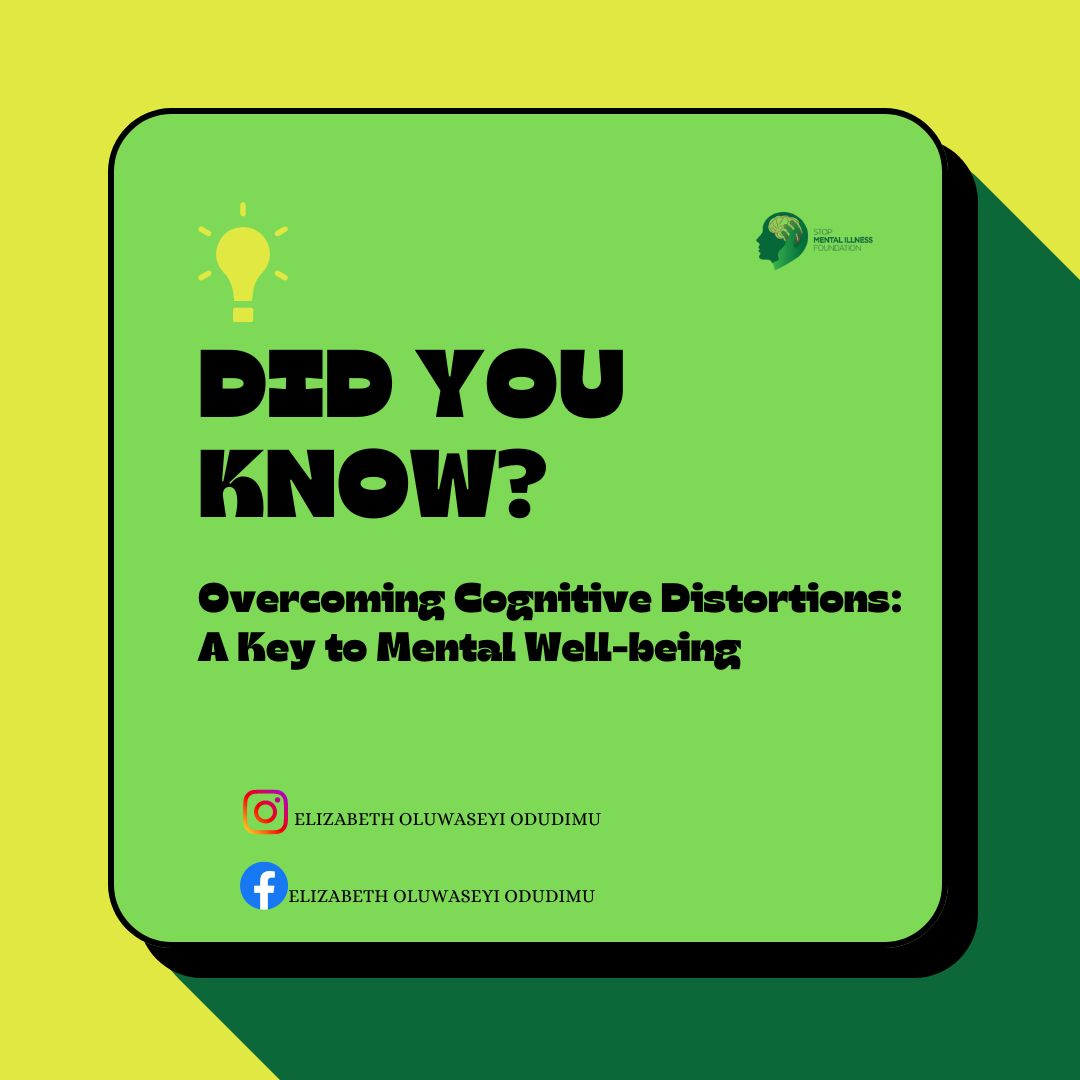
Overcoming Cognitive Distortions: A Key to Mental Well-being
Overcoming Cognitive Distortions: A Key to Mental Well-being
In our journey towards mental wellness, understanding the role of cognitive distortions is essential. At Stop Mental Illness Foundation, we are dedicated to raising awareness and providing support to individuals struggling with mental health challenges. In this article, we delve into the concept of cognitive distortions, how they impact our thoughts and emotions, and strategies to overcome them for a healthier mindset.
What Are Cognitive Distortions?
Cognitive distortions are patterns of thinking that lead individuals to perceive reality inaccurately. These distorted thoughts often reinforce negative beliefs and emotions, contributing to mental health issues such as anxiety, depression, and low self-esteem. Common cognitive distortions include all-or-nothing thinking, overgeneralisation, mental filtering, mind reading, catastrophising, and more.
The Impact of Cognitive Distortions
Cognitive distortions can have a profound impact on our mental well-being. They shape how we interpret events, interactions, and our own sense of self-worth. For instance, catastrophising can lead to excessive worry and anxiety about potential negative outcomes, while all-or-nothing thinking can create extreme judgments that do not reflect reality.
Challenging Cognitive Distortions
Recognising and challenging cognitive distortions is a crucial step towards developing a more balanced and realistic perspective. Cognitive-behavioral therapy (CBT) is a widely used therapeutic approach that helps individuals identify and reframe distorted thoughts. By questioning the evidence for these thoughts, exploring alternative interpretations, and considering more balanced viewpoints, individuals can begin to break free from the grip of cognitive distortions.
Strategies for Overcoming Cognitive Distortions
1. Awareness: Start by becoming aware of your thought patterns and identifying when cognitive distortions are at play. Keep a journal to track your thoughts and emotions.
2. Challenge: When you notice a distorted thought, challenge it by asking yourself for evidence supporting or refuting that thought. Consider alternative explanations or viewpoints.
3. Reality Testing: Seek feedback from trusted friends, family, or mental health professionals to gain a more objective perspective on your thoughts and beliefs.
4. Mindfulness: Practice mindfulness techniques to stay present and observe your thoughts without judgment. This can help you distance yourself from cognitive distortions.
Moving Towards Mental Wellness
At Stop Mental Illness Foundation, we emphasize the importance of addressing cognitive distortions as part of a holistic approach to mental wellness. By understanding these patterns of thinking, challenging negative beliefs, and cultivating healthier thought patterns, individuals can enhance their emotional well-being and resilience in the face of life’s challenges.
Together, let’s raise awareness, provide support, and empower individuals to overcome cognitive distortions and foster a positive mindset for improved mental health.
Remember, you are not alone on this journey. Reach out for support, and together, we can make a difference in the fight against mental illness.
Stay Strong, Stay Resilient, Stay Positive!
